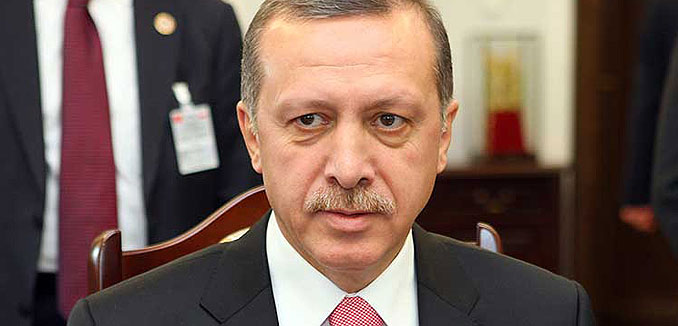The sudden release of 49 Turkish diplomats held by the Islamic State of Iraq and Syria (ISIS) since June has raised suggestions that Ankara may be secretly collaborating with ISIS to oppose Syria’s Kurdish population.
Writing in the British Independent on September 21, veteran columnist Patrick Cockburn said:
Mystery surrounds the surprise release of 49 Turkish diplomats and their families held captive for three months by Isis. The Turkish government is denying any deal with the hostage-takers, making it unclear why Isis, notorious for its cruelty and ruthlessness, should hand over its Turkish prisoners on Saturday without a quid pro quo.
Hailed in Ankara as a triumph for Turkey, the freeing of the diplomats seized when Mosul fell to Isis on 10 June raises fresh questions about the relationship between the Turkish government and Isis.
Cockburn, who is the author of The Jihadis Return: Isis and the New Sunni Uprising, points out that Turkey only tightened border security against jihadists under American pressure late in 2013. He also argues that it is in Ankara’s interest to see the Kurdish PKK fighters move their focus from Turkey to ISIS, helping ensure that the PKK and Kurds in general are ‘otherwise occupied.’
Tens of thousands of Kurdish refugees fled into Turkey from Syria in recent weeks, exacerbating fears that PKK fighters – deemed terrorists by Ankara – could cross into Turkish territory.
In order to free the Fijian peacekeepers who were released into Israel earlier this month, Qatar reportedly paid a ransom to al-Nusra Front, the jihadist group that held them.
Turkey’s ties to ISIS have been questioned in recent weeks due to Turkey’s refusal to allow use of its bases to attack ISIS, its failure to stem the trade of smuggled oil, which provides millions to the terror group, and its tolerance of open recruiting within its borders.
[Photo: Polish Senate / Wiki Commons]




